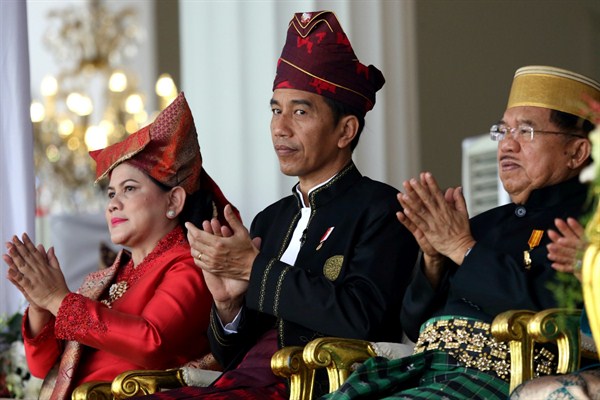The stakes of the election for governor of Jakarta earlier this year were, in the eyes of nearly all observers, much larger than that particular office. After all, it was only five years ago that Indonesia’s president, Joko Widodo, popularly known as Jokowi, used his victory in the same race to transform himself from a well-regarded but somewhat obscure mayor into a powerful national figure. With that precedent in mind, the candidates and their backers saw the election—a two-round affair held in February and April—as an opportunity to position themselves for general elections in 2019.
The incumbent, Basuki “Ahok” Tjahaja Purnama, came into the race with a strong track record. In office since 2014, he had cultivated the image of an uncompromising champion of good governance and transparency, as well as mass transit projects needed to alleviate Jakarta’s notorious traffic. He also had the backing of the majority coalition in parliament, led by Jokowi’s Indonesian Democratic Party of Struggle.
Listen to Emirza Adi Syailendra discuss this article on WPR's Trend Lines Podcast. His audio begins at 20:47:

